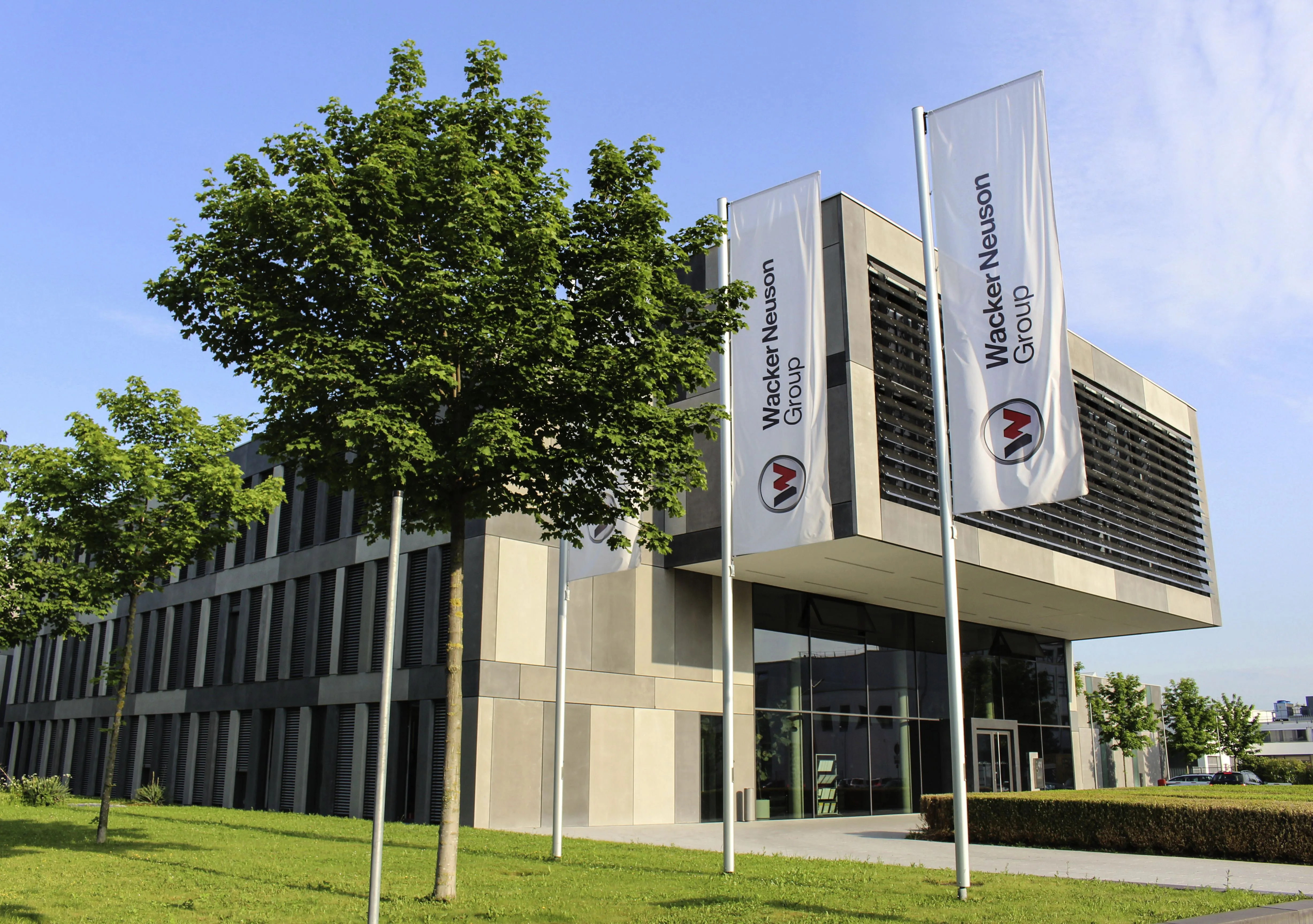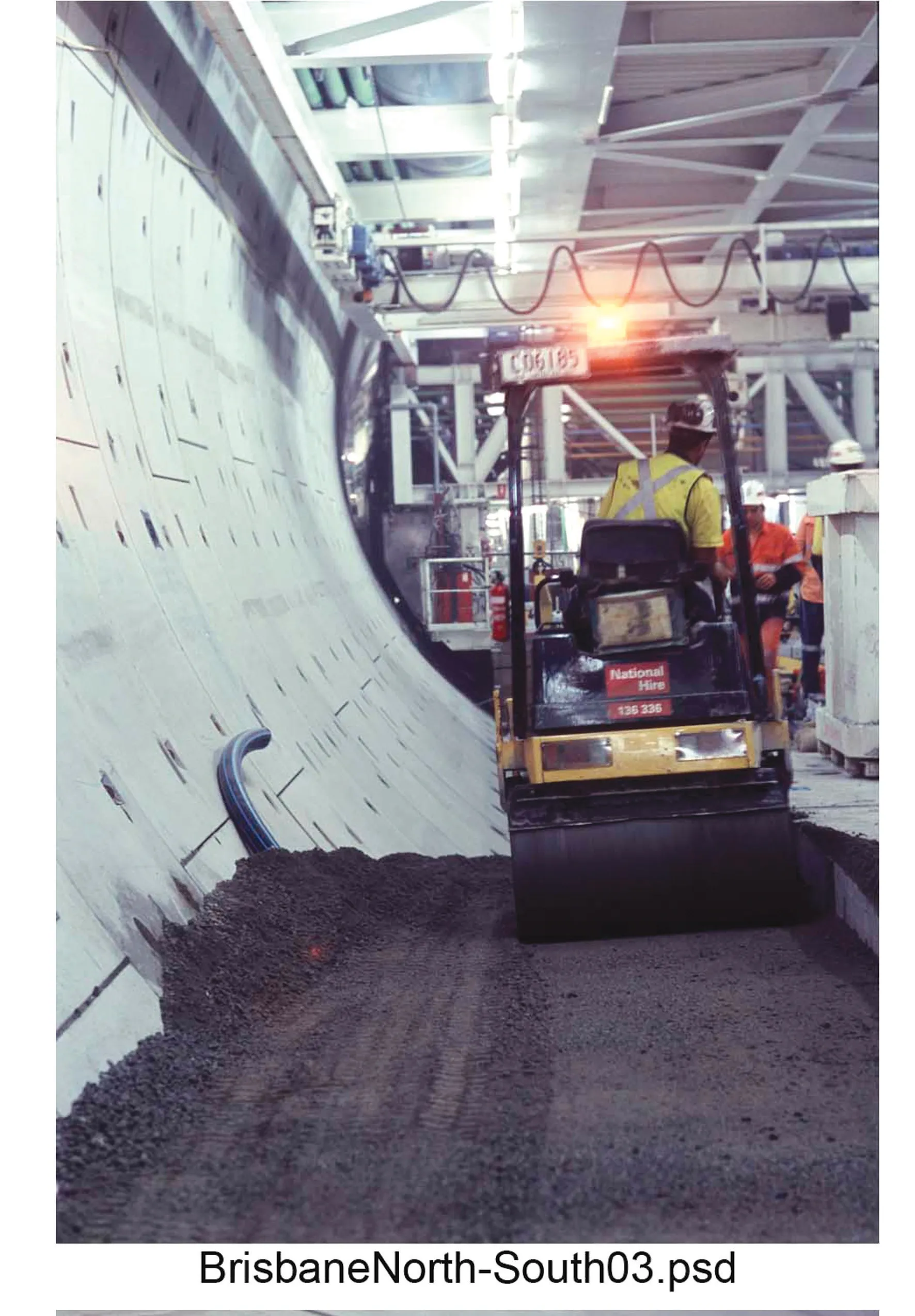Aberdeen City Council in Scotland has approved plans that will introduce a dozen hydrogen-powered buses to the city's services.
March 16, 2012
Read time: 1 min
Aberdeen City Council in Scotland has approved plans that will introduce a dozen hydrogen-powered buses to the city's services. The council hopes the first buses will start running in 2013. Some US$15 million in 3287 EU funding has been secured towards the project. The council will also contribute just over US$3 million over four years and will seek a further $14.7 million from project partners, which includes 4002 Stagecoach. The council believes Aberdeen's energy skills will help the city take a leading role in the developing hydrogen sector.








